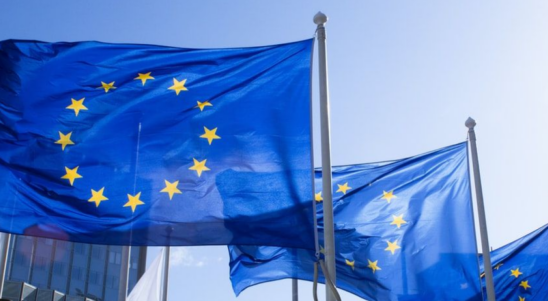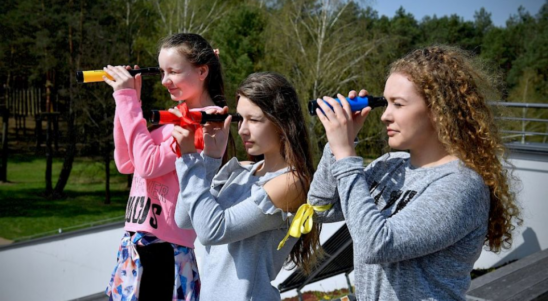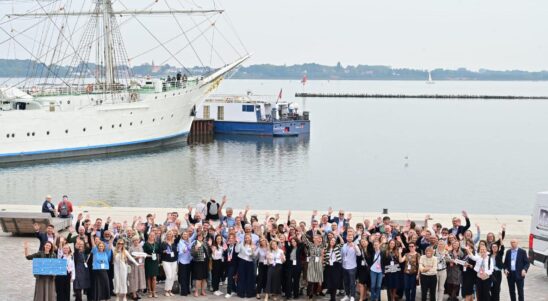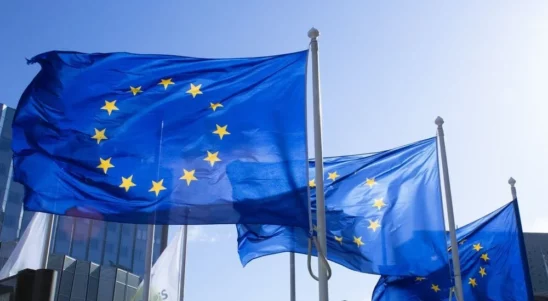Acronym: BALTWRECK
Project partners Member States: PL, DE, LT, SE
The project involves fourteen partners from Poland (7), Germany (4), Lithuania (2) and Sweden (1). The partnership is composed of universities, research institutes, SMEs, association of municipalities and environment agency. The partners are supported by ten associated partners which are municipalities, regional government, tourism association, national and international environmental organizations, association of local governments, maritime organisations from Poland, Lithuania, Germany and Finland. The project is led by Institute of Fluid-Flow Machinery Polish Academy of Sciences (PL).The overall project objective is to combat various hazardous substances in the aquatic environment in order to increase safety and water quality.The project’s activities besides management activities are structured into four work packages. In Risk assessment and diagnostics the establishment of an interdisciplinary working group is planned which is followed by development of diagnostic tools, pilot site assessment, awareness raising actions and development of model strategies and guidelines. In Remediation and Technology development the project focuses on developing the bioremediation technology and wreck-fuel clean-up technology. The Testbeds and Technology validation work package includes actions related to validation of bioremediation technology, risk assessment and awareness raising. The fifth work package is dedicated to Decision aid and its activities aim introducing existing wreck management tool in the South Baltic Area and ensuring its integration (e.g. with establishing a helpdesk) developing recommendations for policy-makers and awareness-raising.The main target groups are regional and international policy-makers, executive bodies (EC, Baltic Sea States Secretariat, ministries, environmental local and regional authorities, Navy, NATO, General Directorate for Environmental Protection) agencies, and contractors (i.e. SBA and BSR municipalities, decision-makers, sectoral bodies, local government employees, port and marinas, Border Guard) and the sea related society (e.g. NGOs, associations, academia, business sector and citizens).





